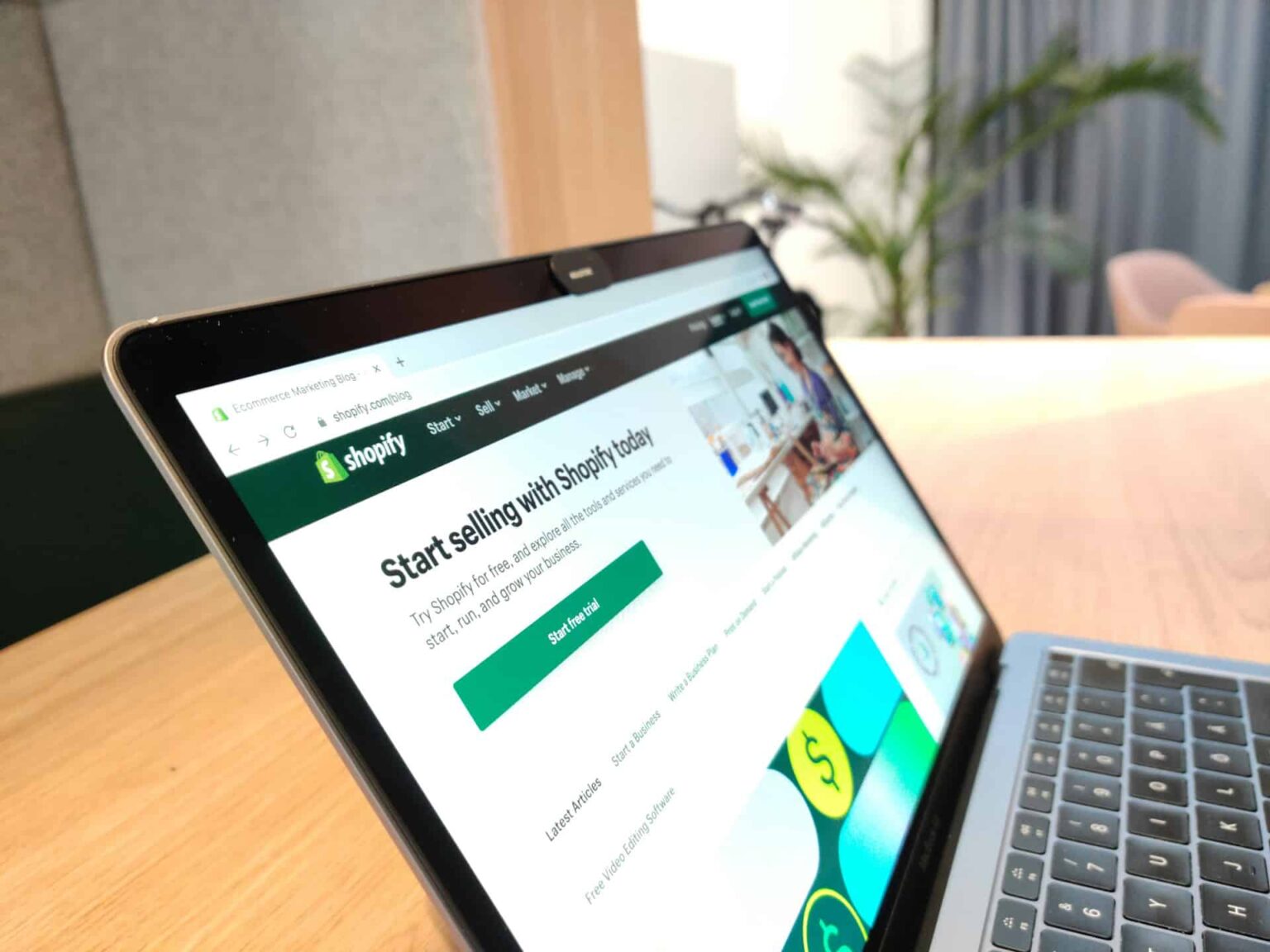Shopify, globally recognized as one of the most comprehensive e-commerce platforms, has reached a new milestone: it is now the most popular web hosting provider, according to recent data published by W3Techs.
Although many don’t immediately identify it as a “hosting” company, the reality is that Shopify offers a SaaS (Software as a Service) model where hosting is an inseparable part of its offering. This effectively makes it a hosting provider for all sites built within its ecosystem.
Shopify surpasses cloud giants
The W3Techs study distinguishes between hosting providers and data center providers. In the latter realm, Amazon Web Services (AWS) continues to lead with 10% of all websites hosted on its infrastructure. However, when looking at pure hosting services offered as part of an integrated package, Shopify ranks number one worldwide.

Examples of sites that use Shopify include BBC and Merriam-Webster, which host their online stores on subdomains like shop.bbc.com and shop.merriam-webster.com. While in these cases the platform is used only for specific sections, according to W3Techs, this accounts for only 3% of Shopify sites, with 97% leveraging the service to manage the entire portal.
More than hosting: an e-commerce ecosystem
Shopify has been establishing itself for years as the second most popular CMS, right after WordPress. However, in the e-commerce universe, the battle is mainly between Shopify and WooCommerce.
- WooCommerce (based on WordPress) dominates in installation volume thanks to its open source and free model, making it ideal for small businesses and sites with moderate traffic.
- Shopify, on the other hand, clearly leads among high-traffic sites: from the top 1 million to the top 1,000, the Canadian platform surpasses WooCommerce thanks to its scalability and robustness.
The economic weight of this ecosystem is undeniable: in 2024, Shopify merchants generated close to $300 billion in collective sales, surpassing the GDP of countries like Greece, New Zealand, or Qatar.
A global phenomenon in numbers
The W3Techs analysis also reveals interesting data that highlight the platform’s reach:
- More websites use Shopify than languages like French, Portuguese, or Chinese on the web.
- Shopify exceeds the number of servers located in countries like the UK, India, or Canada.
- Growth continues unabated: Shopify’s user base is expanding rapidly, solidifying its leadership in web hosting.
Shopify, much more than a hosting provider
Although the title of “most popular web hosting provider” is striking, reducing Shopify solely to that label would be unfair. Its success derives from a comprehensive offering that includes:
- Payment gateways and point-of-sale hardware/software.
- Logistics tools and shipping management.
- Advanced marketing and analytics features.
This suite of services has established Shopify as a key player in the digital economy and one of the primary drivers of global e-commerce.
Frequently Asked Questions (FAQ)
1. Is Shopify a hosting provider or an e-commerce platform?
Shopify is primarily an e-commerce platform, but as a SaaS, it automatically includes hosting for the sites built on it.
2. Is Shopify more popular than WordPress?
No. WordPress remains the world’s most used CMS. However, in e-commerce, Shopify surpasses WooCommerce for high-traffic sites.
3. Why does W3Techs consider Shopify a hosting provider?
Because it offers integrated hosting within its service. Shopify sites cannot operate outside its infrastructure, making it a hosting provider in practical terms.
4. What advantages does Shopify offer over WooCommerce?
Shopify excels in scalability, security, and ease of use, whereas WooCommerce offers flexibility and control as an open-source platform.
via: w3techs

